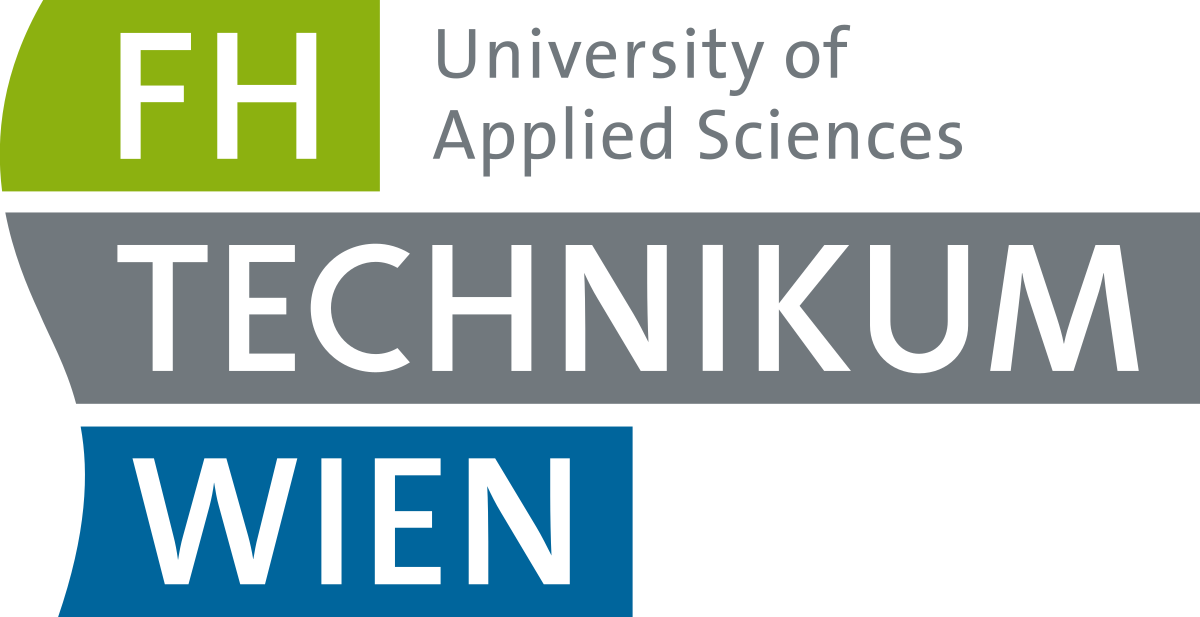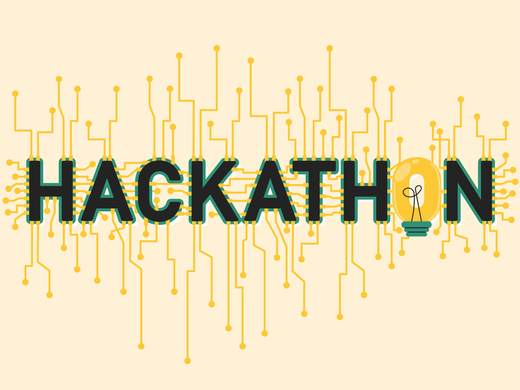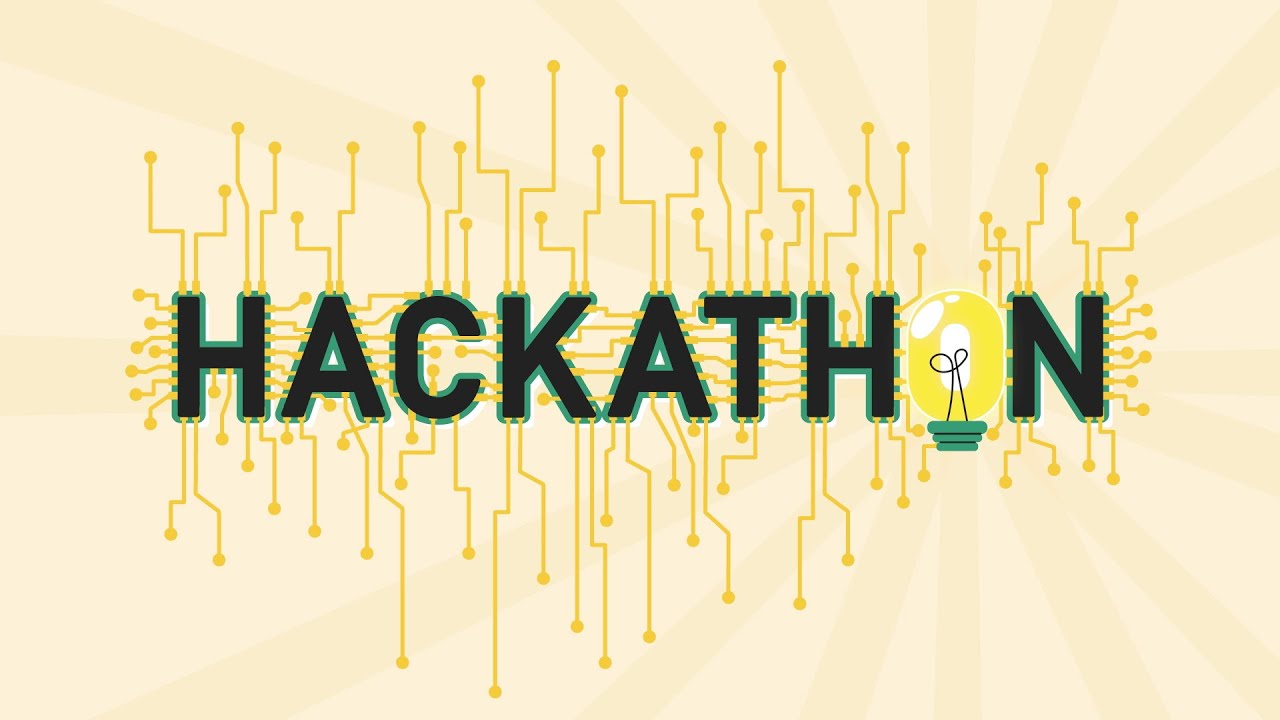How to Hackathon
Kursstart: 16. Januar 2023
How to Hackathon
Dóra Kértesz (FH Technikum Wien), Stefanie Lietze (FH Technikum Wien), Sarah Edelsbrunner (TU Graz), Katharina Hohla-Sejkora (TU Graz)
Wissenschaftliche Einordnung:
Kursstart: 16. Januar 2023
How to Hackathon
Dóra Kértesz (FH Technikum Wien), Stefanie Lietze (FH Technikum Wien), Sarah Edelsbrunner (TU Graz), Katharina Hohla-Sejkora (TU Graz)
-
Umfang: 5 Lektionen
-
Aufwand: 2 Stunden/Woche
-
Teilnehmende aktuell: 215
-
Lizenz: CC BY 4.0
-
Kursstart: 16. Januar 2023
-
Kursende: -
-
Status aktuell: Laufender Kurs
-
Verfügbare Sprachen:
Trailer
Details zum Kurs
Inhaltsübersicht
Allgemeine Informationen zum Kurs
Möchtet ihr eine etwas unkonventionelle Lehrveranstaltung durchführen, bei der es um Innovation und Ideenfindung geht? Oder seid ihr auf der Suche nach Lösungen für Herausforderungen an eurer Hochschule oder Firma? Dann ist vielleicht ein Hackathon die richtige Methode dafür.
Kursinhalt
Dieser Mini-MOOC fasst in 5 Lektionen zusammen, worauf bei der Planung eines Hackathons zu achten ist und welche Faktoren berücksichtigt werden müssen. Als Beispiel dient der vom Verein Forum Neue Medien Austria (FNMA) geförderte Hackathon eAccessibility Challenge. Dieser wurde in einer Kooperation von der FH Technikum Wien und der TU Graz geplant und im Mai 2022 durchgeführt.
Der Kurs gliedert sich in folgende fünf Lektionen:
- Basics: Was gehört zu einem Hackathon?
- Vor dem Hackathon: Thema und Zielgruppe
- Vor dem Hackathon: Rahmenbedingungen und Marketing
- Während des Hackathons: Durchführung
- Nach dem Hackathon: Nachbereitung
Lernziele
Nach Abschluss des Kurses wissen Teilnehmende, was ein Hackathon ist und haben darüber reflektiert, für welche Ziele sich ein Hackathon eignet.
Die Teilnehmendem wissen, wie sie bei der Planung die Zielgruppe und Rahmenbedingungen berücksichtigen können. Thema und Challenges können zielgruppengerecht formuliert und das Marketing zielgruppen- und inhaltsadäquat umgesetzt werden.
Die Teilnehmenden wissen weiters, welche Faktoren bei der Durchführung und Nachbereitung eines Hackathons zu bedenken sind.
Sie können ausgehend von den Anregungen in diesem Mini-MOOC einen eigenen Hackathon im Rahmen einer Lehrveranstaltung, in ihrer eigenen Abteilung in einer Firma, oder lehrveranstaltungs- oder universitäts-/firmenübergreifend organisieren, durchführen und nachbereiten.
Vorkenntnisse
Der Kurs richtet sich an alle Personen, die einen Hackathon (mit-)organisieren möchten. Es sind keine besonderen Vorkenntnisse nötig, lediglich Interesse am Organisieren und Durchführen von Veranstaltungen.
Kursablauf
Der Kurs besteht aus fünf kurzen Lektionen, die jeweils ein bis zwei Videos, Zusatzmaterialien, ggf. Reflexionsfragen und ein Quiz zur Selbstüberprüfung umfassen.
Der Kurs kann im Selbststudium absolviert werden. Teilnehmende sind eingeladen, die Antworten auf die Reflexionsfragen ins Forum zu schreiben.
Zertifikat
Für die aktive Teilnahme am Kurs erfolgt bei Abschluss die Ausstellung eines automatisierten Zertifikats, welches Ihren Benutzernamen, den Kursnamen und die abgeschlossenen Lektionen beinhalten. Es wird darauf hingewiesen, dass es sich nur um eine Bestätigung handelt, die aussagt, dass die Benutzerin oder der Benutzer zumindest 75% der gestellten Selbstüberprüfungsfragen richtig beantwortet hat.
Lizenz
Dieses Werk ist lizenziert unter Creative Commons - 4.0 International (CC BY 4.0)
Kursleitung
Dóra Kértesz (FH Technikum Wien), Stefanie Lietze (FH Technikum Wien), Sarah Edelsbrunner (TU Graz), Katharina Hohla-Sejkora (TU Graz)
Dóra Kértesz arbeitet am Teaching & Learning Center der Fachhochschule Technikum Wien. Ihre Schwerpunkte sind eLearning und Mediendidaktik.
Stefanie Lietze ist Senior Researcher & Lektorin an der Fachhochschule Technikum Wien. Ihre Fachbereiche sind Hochschuldidaktik & Digitalisierung, Barrierefreiheit & Diversitätsförderung, Studierendenberatung und OER.
Sarah Edelsbrunner ist Mitarbeiterin an der Organisationseinheit Lehr- und Lerntechnologien der TU Graz. Ihre Schwerpunkte sind Mediendidaktik, digitale Barrierefreiheit und OER.
Katharina Hohla-Sejkora ist Mitarbeiterin an der Organisationseinheit Lehr- und Lerntechnologien der TU Graz. Sie beschäftigt sich ebenfalls mit Mediendidaktik, OER und MOOCs.
Partner:innen
Der eAccessibility-Hackathon sowie dieser darauf aufbauende MOOC entstanden im Rahmen einer Förderung durch das Forum Neue Medien Austria (FNMA).
-

Technische Universität Graz
-

FH Technikum Wien
-
Forum Neue Medien in der Lehre Austria

